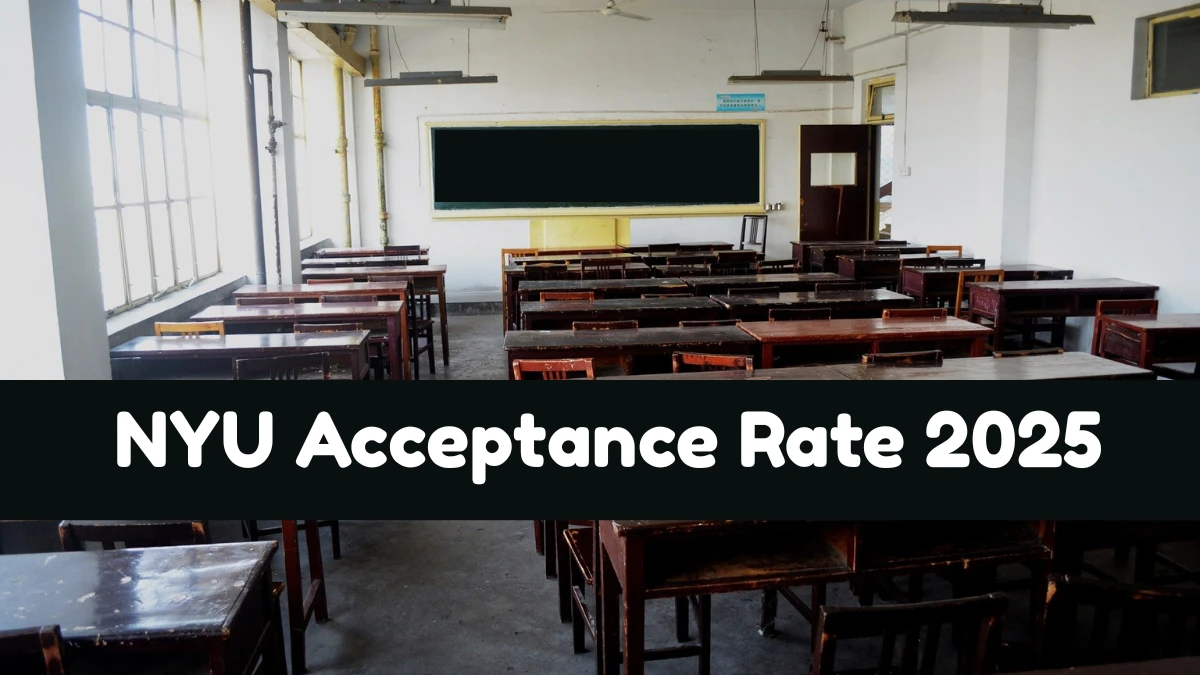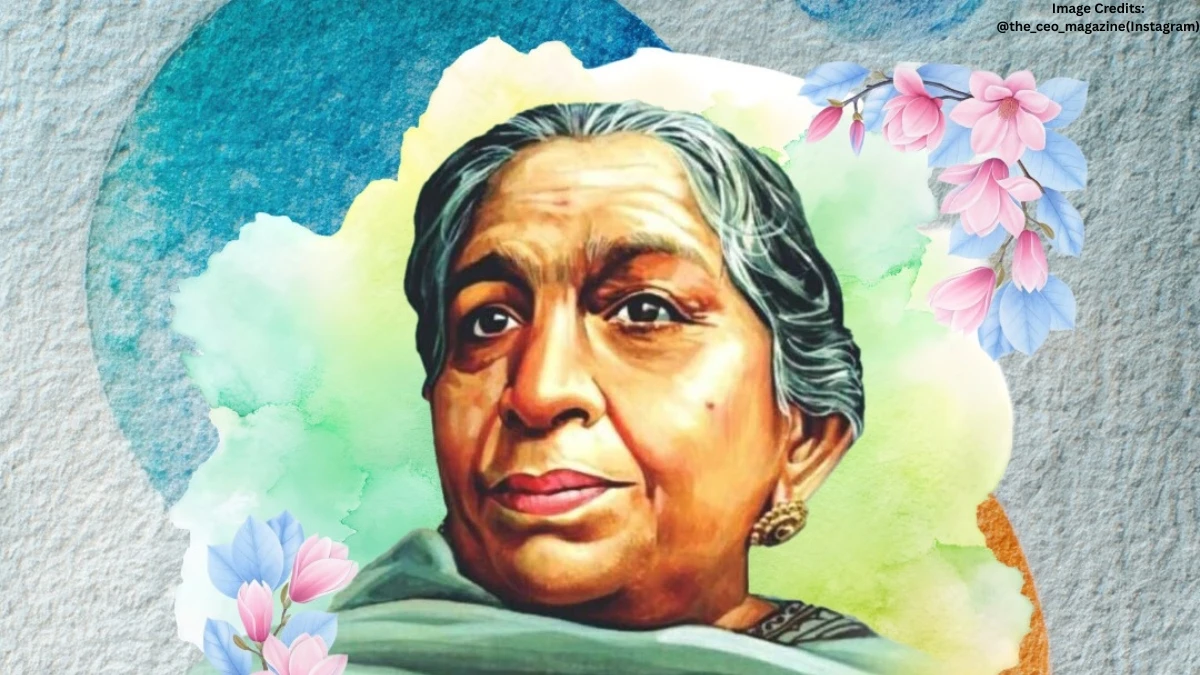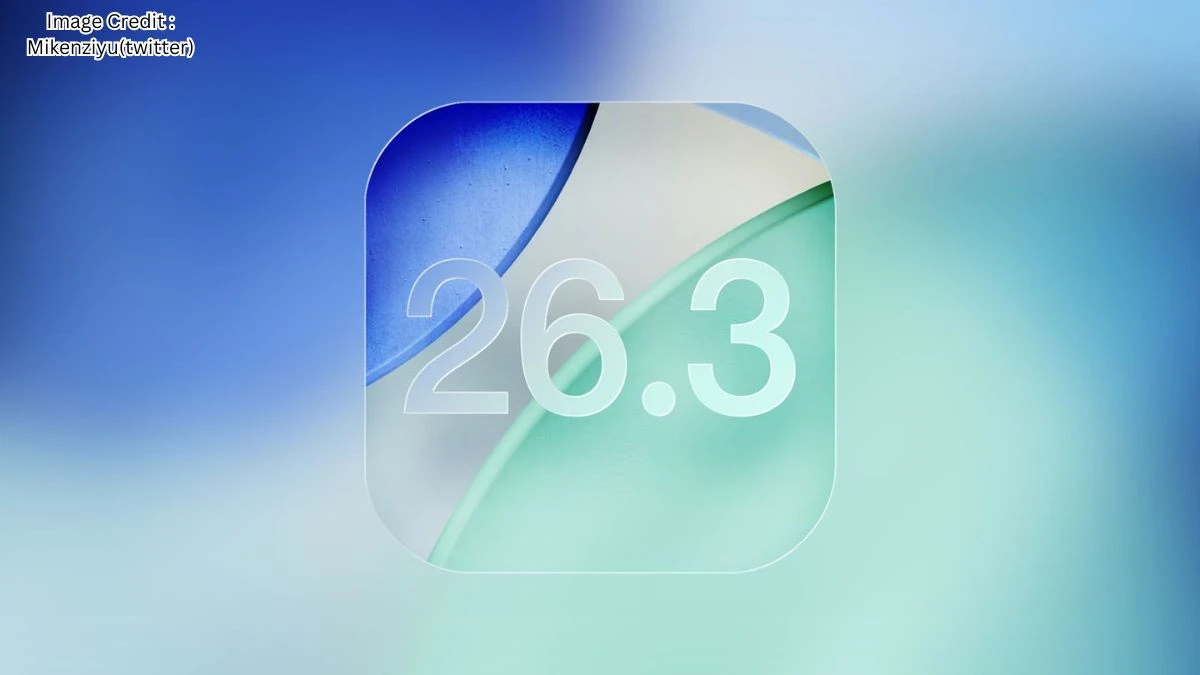NYU Acceptance Rate 2025
For the 2024–25 admissions season, NYU's acceptance rate fell to a record low 7.7%, the lowest number ever seen at its New York campus. The university surpassed last year's 118,000 applications and 8% acceptance rate with over 120,000 applications, the most of any private university.
The second class of students enrolled this year will be eligible for the NYU Promise, a program started by President Linda Mills that provides free tuition to families making less than $100,000 per year. Furthermore, NYU remains true to its 2021 policy of providing 100% of verified financial need.
NYU Graduate Admissions
There are a handful of items that, in many cases, are common across graduate school applications. It’s worth repeating, however, that you should get in touch with your school and program directly to learn exactly what your application requires. Some more common application items include:
- Letter(s) of Recommendation: Some programs ask for one. Others may ask for up to four. There may also be specific expectations about who should write these letters, but in general they should come from individuals who know you well and are able to speak directly to your abilities, accomplishments, and potential.
- Statement of Purpose/Personal Statement/Personal Essay: This is your chance to tell admissions who you are, explain your goals (both academic and professional), and share the ways in which the program will benefit by bringing you in. It’s possible that the program may have a more specific prompt or ask you to address a specific question or series of questions.
- Transcripts and Degrees: Since you’re taking your academics to the next level, you need to prove that you’ve successfully completed the previous level(s). The graduate or professional program to which you’re applying will usually determine the transcripts and degree(s) you’re expected to provide. Applying to a master’s program commonly requires a bachelor’s degree and transcripts from all undergraduate institutions. Similarly, applying to a PhD or other doctoral program may require a master’s degree and transcripts from all graduate institutions.
- English Language Proficiency Exam: If you’re an international applicant, or you completed your previous degree outside the United States at an institution where English is not the language of instruction, you may be required to submit scores from an English Language Proficiency Exam (ELPE). There are a number of ELPEs out there. Make sure you’re taking the right one by contacting your program’s graduate admissions office.
- Application Fee: Application fees vary by school and program. Get in touch with your program’s graduate admissions office if you have questions.
Additional Application Requirements
Depending on the program you’re interested in, there may be some requirements in addition to—or in place of—the more common ones listed above. You’ll often encounter these additional requirements when applying to programs in the medical, legal, or artistic fields, but they’re not limited to those areas. While your program’s graduate admissions office will be able to tell you exactly what you need to submit with your application, you can learn about a few of them here:
- Entrance Exam(s): While graduate school entrance exams might be considered common by some, exactly which exam you might be required to take can vary across programs. The most common exam is the GRE (Graduate Record Examination), but the GMAT (Graduate Management Admission Test), LSAT (Law School Admission Test), and MCAT (Medical College Admissions Test) are also quite well known.
- Creative Submission(s): Even though portfolio submissions and auditions are common when applying to an arts program, others may also ask you to provide writing samples, musical scores, or video submissions. These requirements give you the chance to display your abilities and show programs firsthand why they should admit you.
- Interviews: You may be asked to sit for an in-person interview with one or more individuals from your program. Like a job interview, these conversations give you the chance to introduce yourself to the people you’ll be working with and answer questions about your academic, professional, and personal goals.
- Résumé or CV: You may be expected to submit a résumé or CV that showcases your academic and/or professional experiences, particularly those that are most relevant to your field of study. A résumé or CV is also an opportunity to share your research experience and academic publications, which may be required for certain research-based programs.
Is NYU part of the Ivy League?
The Ivy League, which is made up of eight esteemed universities in the northeastern United States, does not include New York University (NYU).
Nonetheless, NYU is well-known, especially for its legal, business, arts, and social science programs. It is renowned for its challenging admissions procedure, global reach, and solid academic reputation, and it routinely ranks among the best institutions in the world.
NYU
NYU students come from nearly every state and 133 countries, and the university draws upon the diverse backgrounds of our faculty, staff, and students, ensuring its scholarship and teaching benefit from a wide range of perspectives. NYU takes seriously its role as an engine of social mobility and stands out among the top US universities in its representation of low-income and first-generation students within its community




















































